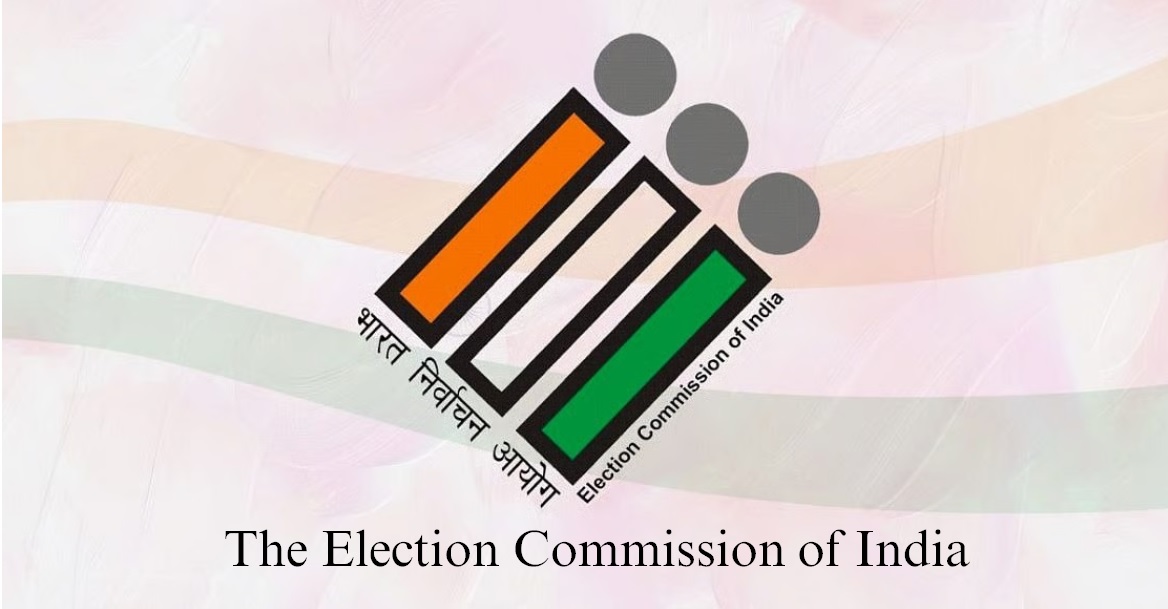1. You are a senior official in the Ministry of Health tasked with reviewing petitions from couples denied surrogacy under the Surrogacy (Regulation) Act, 2021.One such couple, already parents to a 10-year-old child, seeks surrogacy due to secondary infertility. Their application is rejected because the law allows surrogacy only for couples with no surviving child.They appeal to you, claiming that the rule violates their reproductive rights and dignity.
Identify the ethical issues and conflicts involved in this case. Discuss the relevant values and principles that should guide your decision (e.g., justice, compassion, equality, empathy).
Suggest an ethical and balanced course of action that upholds both the spirit of the law and human rights.
| Syllabus: General Studies – IV: Application of ethical principles in public administration. Balancing conflicting values such as legality vs. compassion, equity vs. equality, and rights vs. duties. |
IN NEWS: The second issue – A more expansive reading of the surrogacy law can help more couples
Surrogacy, as a means of assisted reproduction, raises complex ethical, legal, and emotional questions. The Surrogacy (Regulation) Act, 2021 aims to prevent commercial exploitation of women, yet its restrictive provisions such as disallowing surrogacy for couples with a surviving child often conflict with individual rights to reproductive autonomy, equality, and dignity under Article 21.
This case highlights the ethical dilemma between upholding the rule of law and ensuring compassionate justice for a couple facing secondary infertility.
A. Ethical Issues and Conflicts:
- Conflict between individual rights and statutory restrictions: The couple’s reproductive autonomy and right to family life (Article 21) conflict with the rigid eligibility criteria of the Surrogacy (Regulation) Act, 2021.
- Equity vs. equality dilemma: The law treats all couples with one surviving child equally, ignoring medical distinctions like secondary infertility.
- Welfare vs. legality: Denial based purely on procedure may undermine emotional and psychological well-being.
- Administrative discretion vs. compassion: As a public official, balancing rule of law with ethical sensitivity becomes essential.
B. Values and Principles Involved:
- Justice: Fair treatment requires contextual understanding rather than mechanical application of law.
- Empathy and Compassion: Recognizing emotional distress and genuine medical need of the couple.
- Equality and Human Dignity: Ensuring non-discrimination between primary and secondary infertility cases.
- Integrity and Accountability: Upholding the law while recommending reform transparently.
- Procedural Fairness: Ensuring the couple’s case is heard and recorded properly.
C. Ethical and Balanced Course of Action:
- Immediate Action: Uphold the current law (no personal discretion to override legislation). Forward the petition to the Central Surrogacy Board with a detailed note highlighting secondary infertility as a genuine concern.
- Medium-term Measures: Recommend a review of the eligibility clause to accommodate cases of secondary infertility. ropose forming a medical ethics committee to vet such exceptional petitions.
- Long-term Reform: Advocate for a compassionate, inclusive policy aligning reproductive rights with ethical safeguards against exploitation.
Ethical administration lies not in blind adherence to law, but in humanising policy implementation. Balancing compassion with legality ensures both the spirit of justice and the dignity of governance.
| PYQ REFERENCE UPSC GS IV (2020) Q. As a senior officer, you find that an important policy discriminates against a certain section of citizens. How would you address this issue while staying within legal boundaries? Reflects the law vs. equity dilemma identical to the current case. |
2. The increasing number of nomination rejections reflects procedural rigidity and administrative arbitrariness in India’s electoral process.” Critically examine the need for reforming the nomination process to uphold democratic participation.
| Syllabus: General Studies – II: Salient features of the Representation of the People’s Act. Structure, organization and functioning of the Election Commission of India (ECI). Issues and challenges pertaining to the conduct of free and fair elections in India. |
IN NEWS: Why the nomination process needs reform – The Representation of the People Act (RP), 1951 mandates that only qualified candidates can contest an election. However, the process of verifying said qualifications has accumulated complexity over the years, with too much importance being laid on procedural technicalities than actual ‘defects of a substantial character’
The nomination process under the Representation of the People Act, 1951 (RPA) ensures that only eligible candidates contest elections. However, recent elections have witnessed several rejections of nomination papers, raising concerns about procedural rigidity and lack of transparency in the scrutiny process.
Issues in the existing nomination process:
- Procedural rigidity: Minor technical errors such as incomplete affidavits, missing signatures, or clerical mistakes often lead to outright rejection of nominations.
- Administrative discretion: Returning Officers (ROs) enjoy wide powers under Section 36 of RPA, 1951, sometimes resulting in subjective or inconsistent decisions.
- Lack of transparency and appeal mechanism: The rejection process offers no immediate remedy before the election, undermining the right to contest.
- Impact on free and fair elections: Arbitrary rejections can restrict voter choice, weaken political competition, and undermine faith in the electoral process.
Need for reforms:
- Digital and procedural simplification: Online nomination and pre-scrutiny assistance can prevent avoidable errors.
- Clearer guidelines for ROs: Standardised checklists and accountability mechanisms to minimise discretion.
- Time-bound grievance redressal: A quasi-judicial appeal system before finalising the list of candidates.
- Capacity building: Training for election officials to ensure uniform interpretation of rules.
While maintaining procedural discipline is essential for electoral integrity, excessive rigidity and arbitrary scrutiny compromise democratic participation. Reforming the nomination process to make it transparent, technology-driven, and just is crucial to uphold the spirit of universal adult suffrage and free and fair elections as enshrined in the Constitution.
| PYQ REFERENCE GS Paper II (2017) Q. “To enhance the quality of democracy in India, the Election Commission of India has proposed electoral reforms. What are the suggested reforms and how far are they significant for a vibrant democracy in India?” |

